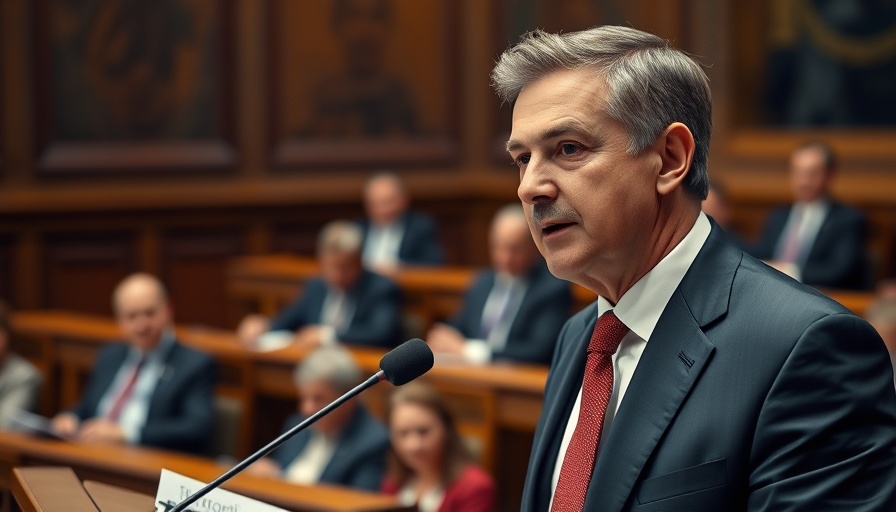
Ramaphosa's Reassurance Amid State Capture Controversy
In a decisive response to ongoing criticism regarding the government's handling of State Capture recommendations, President Cyril Ramaphosa reinforced his administration's commitment to reform during a recent parliamentary address. The President's remarks come at a crucial time when multiple political parties have decried the perceived sluggishness in implementing the findings of the Judicial Commission of Inquiry into State Capture.
Significant Legislative Changes
During the debate concerning the budget of the Presidency, President Ramaphosa highlighted that since the final report was presented, his administration has enacted eight new laws aimed at fortifying anti-corruption measures. These legislative efforts include enhancements to procurement systems, reforms within the intelligence sector, and initiatives to elevate corporate accountability and improve public administration.
Financial Recovery as a Metric
One notable achievement cited by Ramaphosa is the recovery of assets linked to State Capture, which now amounts to R11 billion. This figure not only reflects the government's progress but serves as a metric of accountability that the public has been keenly observing. While some critics argue that these measures are mere gestures, Ramaphosa insists that substantial progress is being made, asserting, "In the three years since the final report of the State Capture Commission was presented to the President... the state has undertaken major reforms based on the recommendations."
Accountability and Ongoing Investigations
Amidst these reforms, Ramaphosa postponed immediate actions concerning allegations involving Police Minister Senzo Mchunu, who was placed on special leave following claims of his connections to criminal activities. This decision has drawn criticism, particularly from the Economic Freedom Fighters (EFF), which argues that swift accountability is crucial, particularly in a time when trust in state institutions is fragile.
Broader Implications for South African Politics
The government's actions—or perceived lack thereof—regarding State Capture significantly influence public sentiment and electoral dynamics as South Africa approaches national elections. With corruption being a pivotal issue, the political temperature is rising among the ranks of the ANC, Democratic Alliance, and other parties vying for influence. The opposition has ramped up its rhetoric, painting the government as incapable of self-regulation and demanding firmer stances on corruption investigations.
Public Trust: A Fragile Necessity
Ramaphosa's administration is acutely aware that public trust is critical as the nation grapples with various socio-economic crises, including the ongoing electricity load-shedding crisis, rising unemployment rates, and the impact of the COVID-19 pandemic. The recovery journey necessitates transparency and active public engagement in a climate where disillusionment runs high.
Historical Context and Future Expectations
History has shown that the path to genuine reform is often fraught with challenges. The legacy of apartheid continues to influence political dynamics, social justice movements, and economic policies. As economic recovery slowly takes shape, citizens are increasingly hopeful for tangible improvements in service delivery, crime prevention strategies, and education reforms. The persistence of social issues, such as gender-based violence and racial inequality, complicates this journey, making Ramaphosa's accountability pledge vital for maintaining legitimacy.
Conclusion: A Call for Engagement
The conversation surrounding State Capture is far from over. As South Africans engage with issues of governance and accountability, it is imperative for citizens, political analysts, and civil society to remain vigilant. By demanding transparency from leaders and fostering open dialogue, the public can influence decisions that ultimately shape a future characterized by integrity and trust. Therefore, it is crucial for the public to actively participate in discussions surrounding government accountability and remain engaged with ongoing developments.
 Add Row
Add Row  Add
Add 




Write A Comment